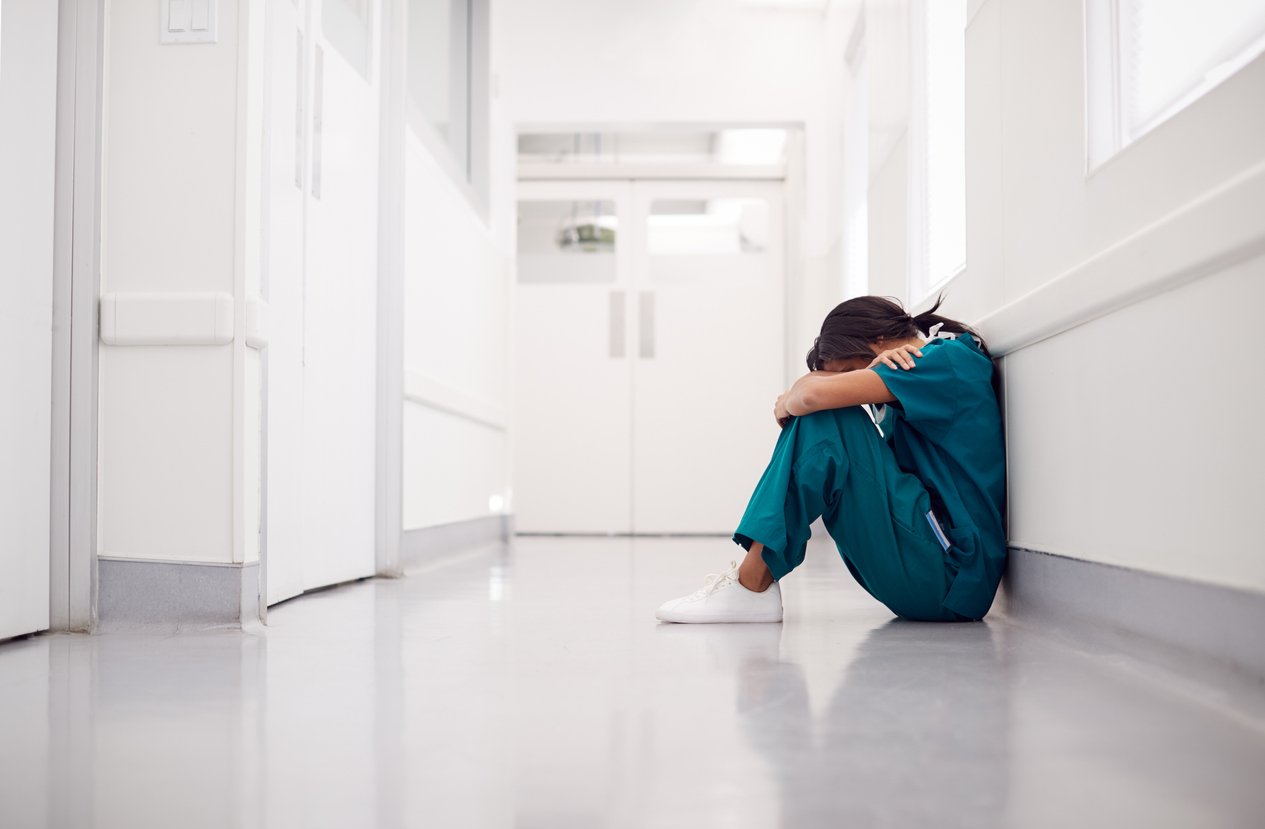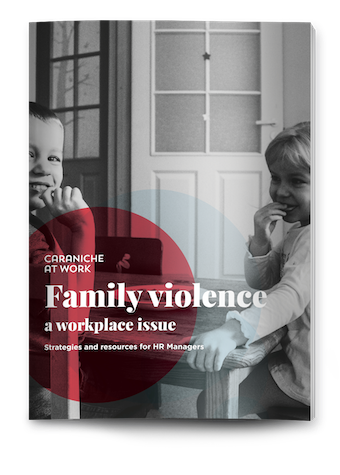
In February 2019 Victorians will acknowledge the 10-year anniversary of the 2009 bushfires. The anniversary is a time to reflect and remember those who lost their lives in the bushfires, and to learn about the many lives that were changed and how communities have rebuilt.
Many Victorians still experience the impacts of the 2009 bushfires and as the anniversary approaches individuals, groups and communities may feel triggered and experience complex reactions. These situations, in combination with our ongoing bushfire threat can have a major impact on a peoples’ well-being and emotions.
Whether you or a loved one were directly or indirectly affected, it is normal to experience a range of different emotional, physical and psychological reactions. As such, it is important to look after ourselves, our family and friends and our colleagues during this time.
Anniversary reactions are a re-experiencing of a traumatic event that are triggered by a specific date or time period. As such, in the lead up to the 10th anniversary, feelings about the 2009 bushfires can come up and be almost as strong as they were during the event. The media’s focus on the event may offer a number of visual and other cues to remind us of what occurred and what we felt, increasing the likelihood of anniversary reactions.
Anniversary reactions may include feeling sad, angry, impatient, nervous, and having negative dreams or images. You may feel generally fatigued and be having difficulty concentrating, sleeping, and eating normally.
Try not to compare your reactions to those of others. Each person is different, and each individual will find their own way of coping with the memories. Additionally, it is important to note that not everyone affected by the 2009 bushfires will experience an anniversary reaction.
For those who do experience an anniversary reaction it can be helpful to understand some common responses so you know what to expect.
Below are list of common response and reactions that you may experience. Be assured that they are typical reactions to abnormal events.
| Physical | Behavioural | Cognitive (Thoughts) | Emotional |
|---|---|---|---|
| Headaches | Restlessness | Nightmares/dreams about what happened | Sadness |
| Upset stomach | Apathy | Flashbacks/reliving the experience | Loss |
| Nausea | Sleep disturbances | Focusing on the event | Shock |
| Muscle tension and pain | Isolating self from others | Difficulty concentrating | Disbelief at what happened |
| Sleep disturbances | Easily irritated by other people | Difficulty making decisions | Anxiety and fear |
| Fatigue | Feelings of detachment from others | Poor judgment | Anger, Irritability, frustration |
| Chest pain, irregular heartbeat, high blood pressure | Loss of interest in normal activities and hobbies | Thinking that you are losing control | Panic attacks |
| Weight gain or loss | Increased use of alcohol/tobacco/other drugs | Unable to understand your own reactions | Depression |
| Asthma, shortness of breath | Not wanting to go to work or wanting to go to work more than usual | Thinking that you are going crazy | Guilt |
| Sweating | Low motivation | Desire to escape or run away | Helplessness and vulnerability |
| Shaking or trembling | Poor concentration and attention | Numbness | |
| Avoidance or obsession with media coverage | Withdrawal | ||
| Losing your temper | Disorientation | ||
| Overreacting to unexpected problems | Paranoia |
Physical
Lifestyle
If you know someone who was affected by the 2009 bushfires, it’s a good idea to check in on them to see if they are ok. It is important to;
If you or someone you know is finding this time difficult, it’s important to remember you are not alone.
There are many avenues you can go to for advice or help, including informal supports such as friends, family and colleagues or professional supports such as your local doctor and mental health support services.
If at any time you are worried about your psychological wellbeing or the wellbeing of someone you know, there is always help available through:
Additionally, the Department of Health and Human Services has provided extra support through existing, trusted and local service providers wherever possible to make sure people can access services that are tailored to their needs. These include:
To access these local services, you can speak with your doctor or a mental health professional.

Many of the new tech based EAPs have been making inaccurate claims about traditional EAPs as part of their marketing and promotion.
Read more
Moral injury in the workplace can negatively impact our psychological wellbeing and mental health. Here’s why it matters.
Read more
When choosing how to cultivate wellness in the workplace, it’s never been more important to take an organisation-wide approach. Here’s why.
Read more
Australian workplaces are waking up to the impact of family violence. Caraniche at Work has developed a free report for HR Managers who want to take the lead.